Many healthcare workers have silently suffered through the worst of the Covid 19 pandemic. While others worked from home, frontline healthcare workers, first responders, and emergency responders pulled double and triple shifts, often working for weeks on end without a break.
Healthcare professionals selflessly pushed through, serving on the front lines in capacity hospitals and intensive care units despite a lack of sleep, proper training, adequate support, and while regularly facing the deaths of patients. Some healthcare workers even uprooted their lives to serve as volunteers and transitory staff for understaffed and hard-hit hospitals. This left them disconnected from their usual peer support network and families, adding extra stress and anxiety to an already chaotic situation.
While dealing with the chaos, healthcare workers were placed in impossible positions of bearing the responsibility for comforting dying patients who were isolated from their families. Some were forced into weighing difficult decisions over the distribution of rationed resources, patient resuscitation, or who was admitted to the ICU.
The emotional trauma of dealing with all of this stress and anxiety takes its toll on frontline healthcare workers and should not be overlooked or minimized.
Adding to an already stressful situation
Healthcare workers are already at a higher risk for mental health issues like anxiety, depression, burnout, insomnia, and post-traumatic stress disorder than most other workers. Even in normal times, severe burnout affects as many as a third of critical care nurses and almost half of critical care physicians. The Covid 19 pandemic added additional pressure to healthcare workers and caused many nurses, doctors, and others who are generally not involved in critical care to have to assume these roles and responsibilities with little training.
Surveys show that more than half of frontline healthcare workers dealing with Covid 19 are experiencing symptoms of depression, anxiety, post-traumatic stress disorder, and thoughts of suicide. This survey was before the second wave even hit, and now there’s a fourth wave underway, the biggest one yet!
Healthcare Professionals Counselling
At Tom Burton Counselling, I provide Clinical Transactional Analysis (CTA) psychotherapy & healthcare counselling therapy services for healthcare professionals, medical personnel, essential workers, and other health care providers in Edmonton, Alberta, Canada.
I use the TA framework of therapy in my counselling to help guide you through releasing the persistent ideas that we take on throughout our lives. In the healthcare industry, we often believe that stress and trauma are normal expectations of the job that we are supposed to somehow deal with on our own. However, just because we expect trauma, that doesn’t mean we won’t feel its effects and it won’t have an impact on our mental health.
With assistance from licensed mental health professionals, we can learn how to recognize the expectations that we feel and those that have been placed on us, gaining the mental health resources we need so that we can maintain healthy patterns in our work at hospitals and away from the job. That includes learning coping skills for managing future stress, anxiety, and trauma.
Even if you prefer visiting other therapists, I hope that I can at least encourage you to take care of your mental health needs by seeking therapy during this time and in the future. We regularly face traumatic events, and over time, these feelings can build up and impact our professional and personal lives.
You are not alone. I, and therapists like me, are here for you with a range of mental health services to help you prioritize caring for your own mental health.
Self-care is not Selfish
Pre-flight instructions tell parents to place their own masks on before helping their children. It makes sense when explained but goes against many of our natural tendencies. We want to support our colleagues and families, but we can’t help them if we’re not taken care of first. More than 50% of surveyed healthcare workers said they felt guilty about taking time off during the pandemic. They didn’t want to leave patients and burden their colleagues.
It is never selfish to prioritize your own well-being.
This carries through to an eventual post-Covid 19 world. When life returns closer to normal, your mental health still matters. It’s worth repeating – you cannot support others if you don’t maintain your own mental health care needs first.
Health care Counselling for Edmonton, Alberta’s Frontline Medical Community
You cannot afford to neglect your mental health, particularly during Covid 19. But also, in the weeks and months following this global pandemic, please do not carry this trauma and stress with you by attempting to cope on your own. These feelings do not go away just because work gets less hectic. Your mental health is every bit as important as your physical health.
If you are part of the Edmonton, Alberta medical community and feel like you’re experiencing any of the following:
· Getting more easily angered
· Feeling the symptoms of depression, anxiety, or loneliness
· Preferring isolation
· Losing empathy for your patients or coworkers
· Experiencing irregular sleep patterns
Please contact me today. I am here to support healthcare professionals.

